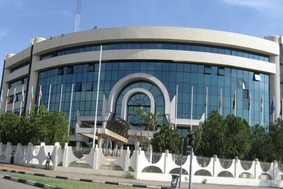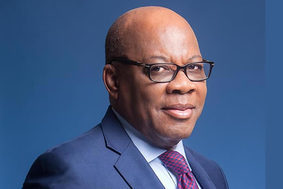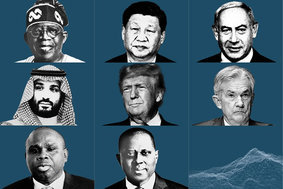Africa and the future digital workforce

Feature Highlight
Research has shown that by 2025, private bankers and wealth managers will be replaced by algorithms.
In a press statement released on Tuesday, Wayne Houghton, Director of Growth Implementation Solutions at Frost & Sullivan Africa, presented the poser: "Will Africa be digitally relevant in the next 10 years?"
Companies are digitising their operations in order to stay in business, especially in areas where creative disruptors and digital start-ups are gaining prominence. Houghton said over 70 percent of Fortune 500 companies have plans to offer their products as digital services by 2020.
Pierre Nanterme, CEO of Accenture, said in January that, “Digital is the main reason just over half of the companies on the Fortune 500 have disappeared since the year 2000.” But wait for it: About 90 percent of the business models in 2020 will be driven by the cloud, according to the Director at Frost and Sullivan Africa.
Africa may be at the lower rungs of the industrial revolution ladder. However, the continent is not far behind in the uptake of digitization. There is vibrancy in Africa’s e-commerce space with top players like Jumia and Konga giving traditional retailers a run for their money. African Start-ups are also playing in the social networking space. MXit, Africa’s biggest social networking platform, has over 50 million users and operates on more than 3,000 different mobile phones. The continent's conundrum, in terms of the Fourth Industrial Revolution, is the huge skills deficit.
With the transformational power of technology, the Fourth Industrial Revolution – characterised by the machine economy – is changing the way things are produced and it is disrupting the employment landscape. Research has shown that by 2025, private bankers and wealth managers will be replaced by algorithms. Artificial Intelligence (AI) will replace lawyers, accountants, and statisticians. There are new skills that will be required to manage the future digital enterprises. This begs the question of Africa’s preparedness for the digital economy.
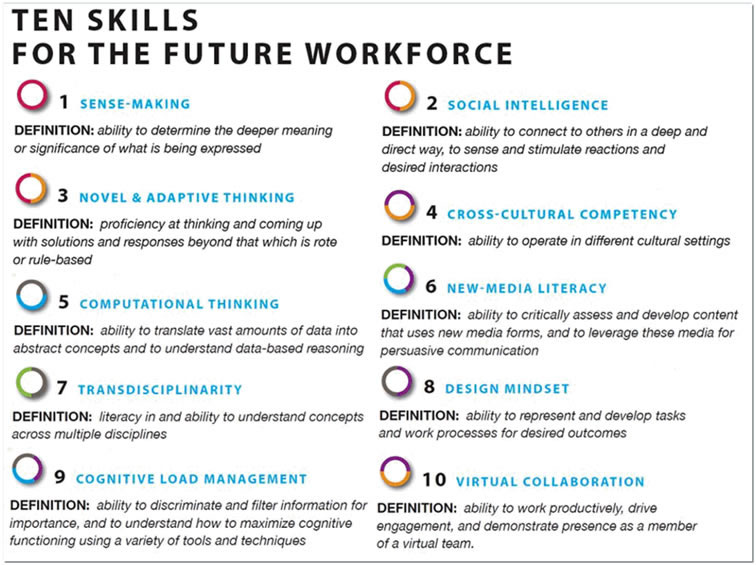
Source: Frost & Sullivan
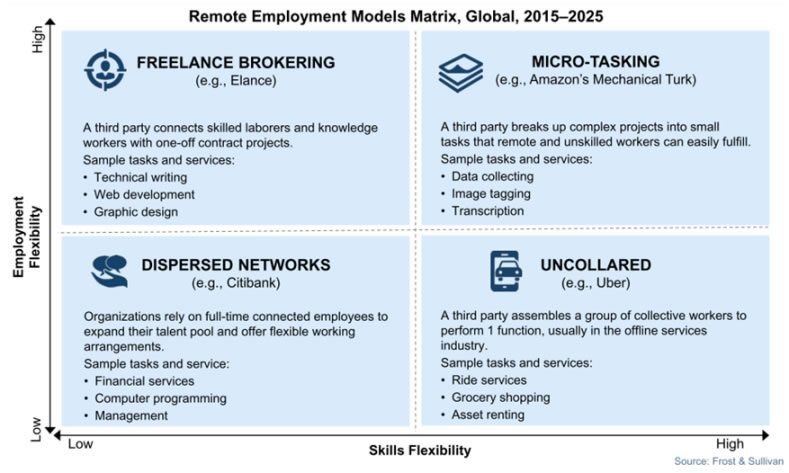
But there is also a disruption in the composition of the labour force that will occur by 2025. Millennials, the demographic cohort born between 1980 and 1995, will comprise an estimated 48.3 percent of the global labour force in 2025. In some advanced countries like the United States, these digital natives will represent nearly 75 percent of the workforce by 2030.
African companies must develop a digital strategy that takes into account the idiosyncrasies of the Millennials, who are also called digital natives. The demographic group has a strong entrepreneurial mindset, which means they hardly function in traditional models of businesses with rigid workplace culture and leadership styles. Any company that wants to remain relevant must combine a model of digitising its operations and providing a work environment that attracts the competences of the digital workforce.
Martins Hile is Editor, Financial Nigeria
Other Features
-
The best sites to buy and sell Bitcoin in Nigeria: A comprehensive ...
Buying and selling BTC doesn’t have to be a hassle. Check out to best sites to buy and sell Bitcoin in Nigeria ...
-
At 50, Olajide Olutuyi vows to intensify focus on social impact
Like Canadian Frank Stronach utilised his Canadian nationality to leverage opportunities in his home country of ...
-
Reflection on ECOWAS Parliament, expectations for the 6th Legislature
The 6th ECOWAS Legislature must sustain the initiated dialogue and sensitisation effort for the Direct Universal ...
-
The $3bn private credit opportunity in Africa
In 2021/2022, domestic credit to the private sector as a percentage of GDP stood at less than 36% in sub-Saharan ...
-
Tinubunomics: Is the tail wagging the dog?
Why long-term vision should drive policy actions in the short term to achieve a sustainable Nigerian economic ...
-
Living in fear and want
Nigerians are being battered by security and economic headwinds. What can be done about it?
-
Analysis of the key provisions of the NERC Multi-Year Tariff Order ...
With the MYTO 2024, we can infer that the Nigerian Electricity Supply Industry is at a turning point with the ...
-
Volcanic explosion of an uncommon agenda for development
Olisa Agbakoba advises the 10th National Assembly on how it can deliver on a transformative legislative agenda for ...
-
Nigeria and the world in 2024
Will it get better or worse for the world that has settled for crises?
Most Popular News
- IFC, partners back Indorama in Nigeria with $1.25 billion for fertiliser export
- CBN increases capital requirements of banks, gives 24 months for compliance
- NDFF 2024 Conference to boost Nigeria’s blue and green economies
- CBN settles backlog of foreign exchange obligations
- Univercells signs MoU with FG on biopharmaceutical development in Nigeria
- Ali Pate to deliver keynote speech at NDFF 2024 Conference



